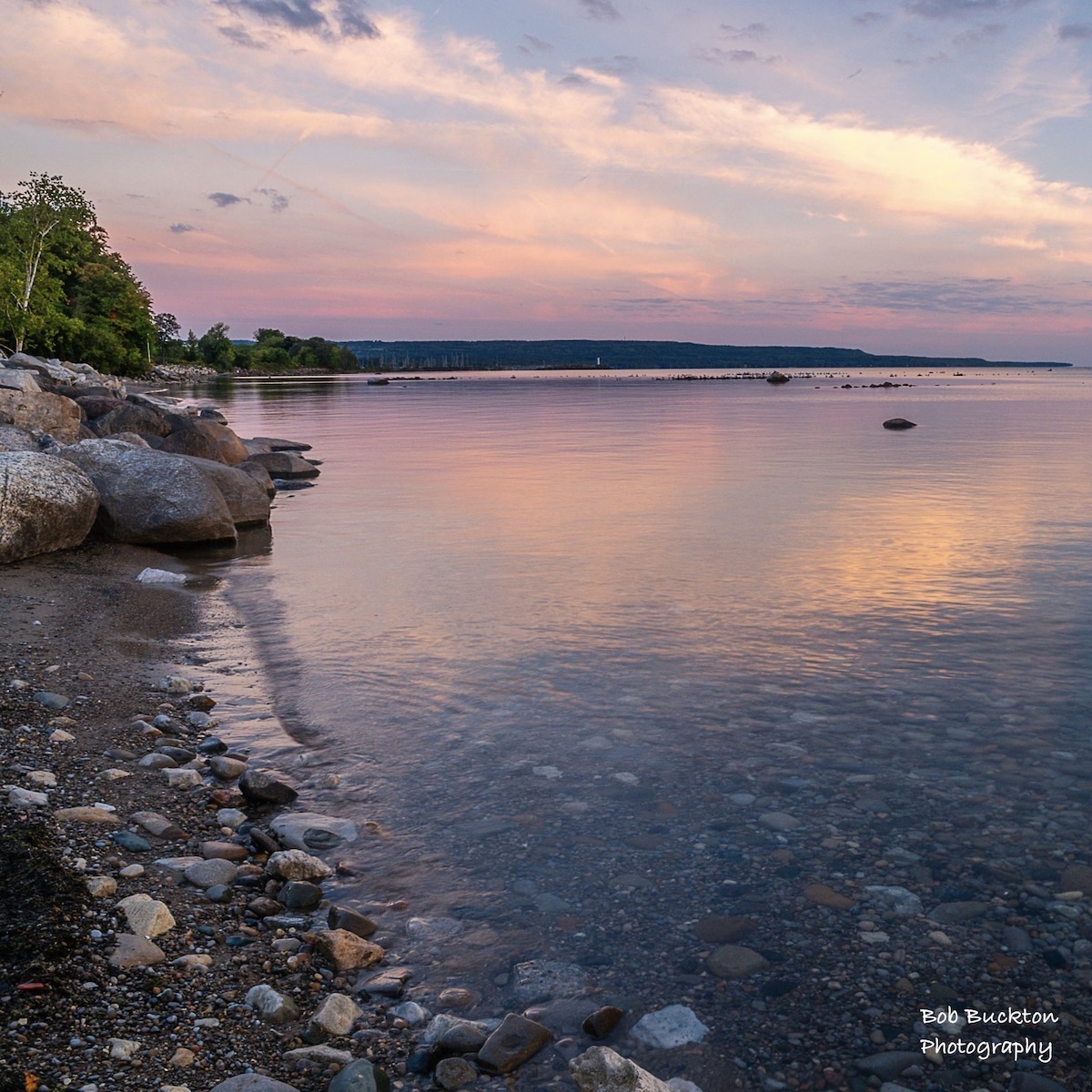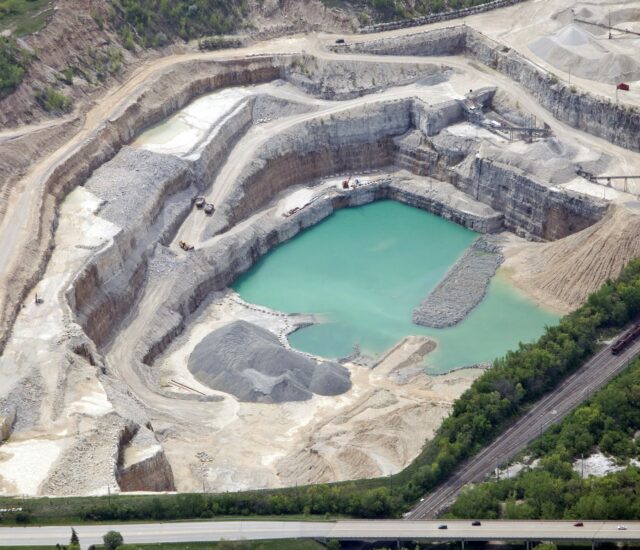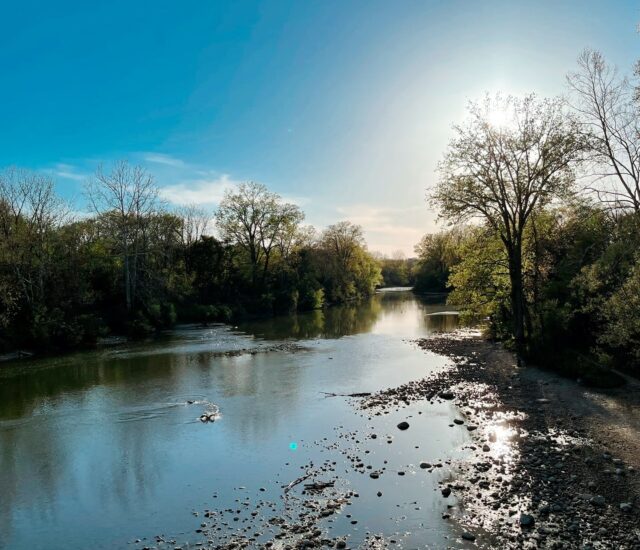Short Story
This initiative is dedicated to the preservation of the pristine and natural beauty and water quality of Georgian Bay and its surrounding area. We live, work, and play on the amazing Niagara Escarpment – a World Biosphere Reserve – and, like thousands of other people who signed petitions, are opposed to TC Energy’s proposal for a massive Hydroelectric Pumped Storage project on the Canadian Forces base (CFB) in Meaford, Ontario.
The project would very likely have devastating impacts on the biodiversity and water quality of Georgian Bay and the escarpment. It is a shortsighted, outdated, and inefficient approach to energy generation and storage. It would destroy approximately 500 acres of forest, and affect many areas of spawning grounds and aquatic ecosystems. This could harm or destroy the habitat of as many as 30 species at risk known to be living here.
Please donate today – Help Save the Bay!
Save The Bay
Story


Photography by Bob Buckton Photography.
TC Energy is a Calgary-based company known for oil and gas projects. The proposed $4.3 billion open-loop pumped storage plant would be built on approximately 500 acres at the 4th Canadian Training Division Base in Meaford. It entails the creation of a 375 acre, 1.7 km long man-made reservoir which would hold 23 million cubic meters of water. It would be gouged out of a swath of the escarpment and a 20-meter-high embankment would be built around its perimeter. As the site is on federal land, it is exempt from the statutory protection of the provincial Niagara Escarpment Planning and Development Act.
This man-made reservoir would be built above roughly 250 existing homes, farms, and cottages, all of which are downhill from the proposed reservoir location.
Every day, twenty-three billion litres (over 6 billion gallons or 9,200 Olympic swimming pools) of Southern Georgian Bay water would be pumped approximately 150 meters up the Escarpment to the reservoir through pump/turbines, where it would be temporarily stored during electrical ‘off-peak demand’ times and then flushed back into Georgian Bay during ‘peak demand’ times. This huge drawing and releasing of water (at about 42% of the daily flow of Niagara Falls) would repeat every 24 hours (11 hours to fill and 8 hours to release). The offshore intake area would entrap and kill fish, and affect spawning areas and aquatic ecosystems through the water turbidity created by the discharge flow.
Environmental studies conducted by the Department of National Defence (DND) found serious environmental concerns as CFB Meaford is home to 30 species listed under the Species at Risk Act and an old-growth woodlot that could be impacted by the project.
Construction of the plant would introduce about 300,000 tons of CO2 into our atmosphere. This would come from approximately 100 million litres of diesel fuel required for the earth-moving equipment during construction and CO2 created by the massive amounts of cement produced. Chemical, dust, noise and light pollution is another concern. The footprint for the project is on areas of the base already listed as contaminated by various chemicals and unexploded ordinance.
Pumped storage technology is 100 years old and the efficiency of this pumped storage plant would be about 70% due to pump energy consumption. This means that 1,429 megawatts of electrical energy input would be required to produce the planned 1,000 megawatts of electrical energy output. It is even less efficient when transmission losses to and from the grid near Barrie are considered. Alternative, readily available storage options are 90%+ efficient and can be built on the grid.
This facility is designed to have a 100-year service life, bolstered by a 50-year binding commitment to supply Ontario’s hydro consumers. It would not be ready for service until 2028 or 2029, by which time the construction cost could increase to $8-10 billion. Several other more efficient, less costly and less environmentally damaging technologies are available now and may be even better by then. Some of these technologies include battery storage, electric vehicles (EVs), hydrogen production, next generation batteries and other
ideas now in various forms of development.
In summary, this proposed pumped storage project is a short-sighted, outdated and inefficient approach to energy generation and storage. Worse than this, the project could have devastating impacts on the water quality of Georgian Bay and the biodiversity of the escarpment.
The environmental hazards and costs greatly outweigh any possible benefits of this project. Better alternatives for clean and green energy generation are available. Losing wildlife and biodiversity would have lasting impacts on future generations in Ontario and across the country.
Your donation will help us to protect Georgian Bay and the escarpment. Please help us to advocate for the use of truly modern technology that will provide Ontarians with clean and green energy for the future!
Thank you for your support!







